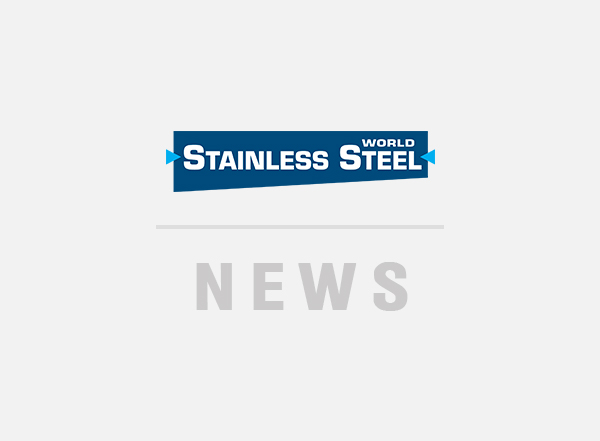Nippon Steel Corporation (Nippon Steel) has developed a photocatalytic steel sheet that provides a health-promoting antiviral effect by using titanium oxide, and is now proceeding with the study of commercialization.
The antiviral testing of the steel sheet confirmed an inactivation effect against the coronavirus (SARS-CoV-2). Nippon Steel foresees the use of this type of steel as a new way whereby steel creates value for society and human health.
The antiviral testing was performed by applying the industry standard JIS R 1756, using FeLuce™, to which was added a photocatalytic function. The test showed that over 99.8% of virus on the steel sheet was inactivated at a 500 lx illuminance level with four hours of illumination. Even in a dark place, over 99.3%2 of virus was inactivated. These results confirmed the antiviral property of the sheet, as antiviral steel sheet that has a hybrid function, against the coronavirus.
The test shows that the photocatalytic steel sheet has promise as a measure against the coronavirus. Nippon Steel’s photocatalytic steel sheet can be used as a material that provides additional safety and reassurance for interiors of offices, hospitals, schools, and care facilities, as well as public restrooms, elevators, partitions, and display racks.


